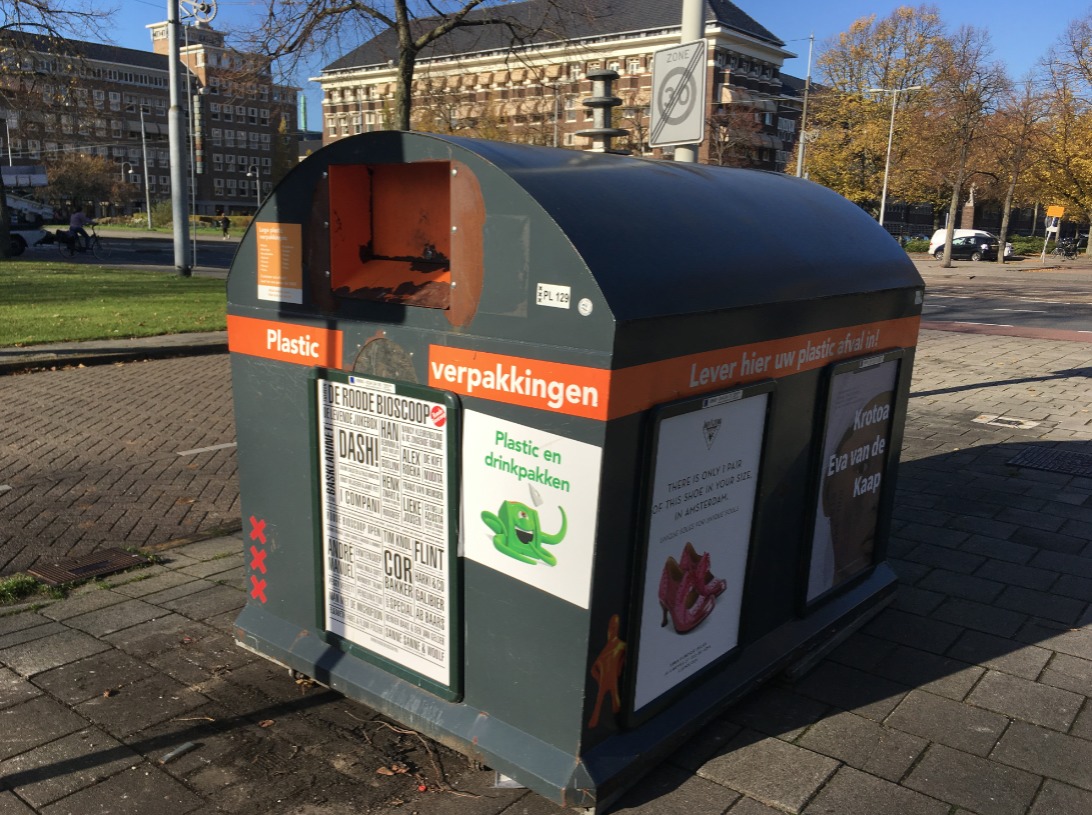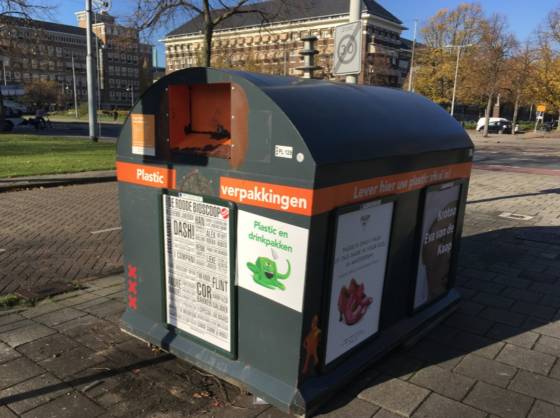Recycling strategy needs improvement, government think-tank says


Changes to the Netherlands’ current recycling strategy – such as banning the export of some types of waste – would generate greater benefits for the environment, according to a new report by the government’s macro-economic think-tank CPB.
The researchers looked at three types of recyclable waste – paper, textiles and plastic – and said the biggest problem is the quality of the waste itself. ‘Low quality waste leads to downcycling into low value products, but the environmental benefit is higher if products can be recycled into products of similar value,’ the CPB said.
In particular, textile and paper is often of low quality and contaminated by other waste, the researchers said.
Exporting waste can also lead to environmental damage elsewhere if local rules are not as stringent as those in the Netherlands, the researchers said. Processing too can lead to damage to both the environment and health.
‘It is very likely that some of the plastics waste that we export is dumped,’ the researchers said. ‘The cost and legal implications of exporting waste to another country should be a point of concern.’
Deposits
A system of deposits on plastics would also stimulate a reduction in littering, the researchers said. Returned plastic bottles and packaging would be high quality waste which would produce better quality recycled products than mixed plastics.
The government is poised to introduce deposits on small plastic bottles in an effort to reduce litter.
Targets
More should also be done to encourage consumers to recycle and to help them keep waste clean, the researchers said. Underground containers, for example, have led to lower quality textile waste because other rubbish is also dumped in them, the researchers point out.
Last week, the Volkskrant reported that just 71 out of 355 local authorities in the Netherlands are meeting targets on recycling waste.
The state has set a target of reducing the amount of non-recyclable waste to 100 kilos per person per year by 2020, but the average is currently 151 kilos, the paper said.
Thank you for donating to DutchNews.nl.
We could not provide the Dutch News service, and keep it free of charge, without the generous support of our readers. Your donations allow us to report on issues you tell us matter, and provide you with a summary of the most important Dutch news each day.
Make a donation